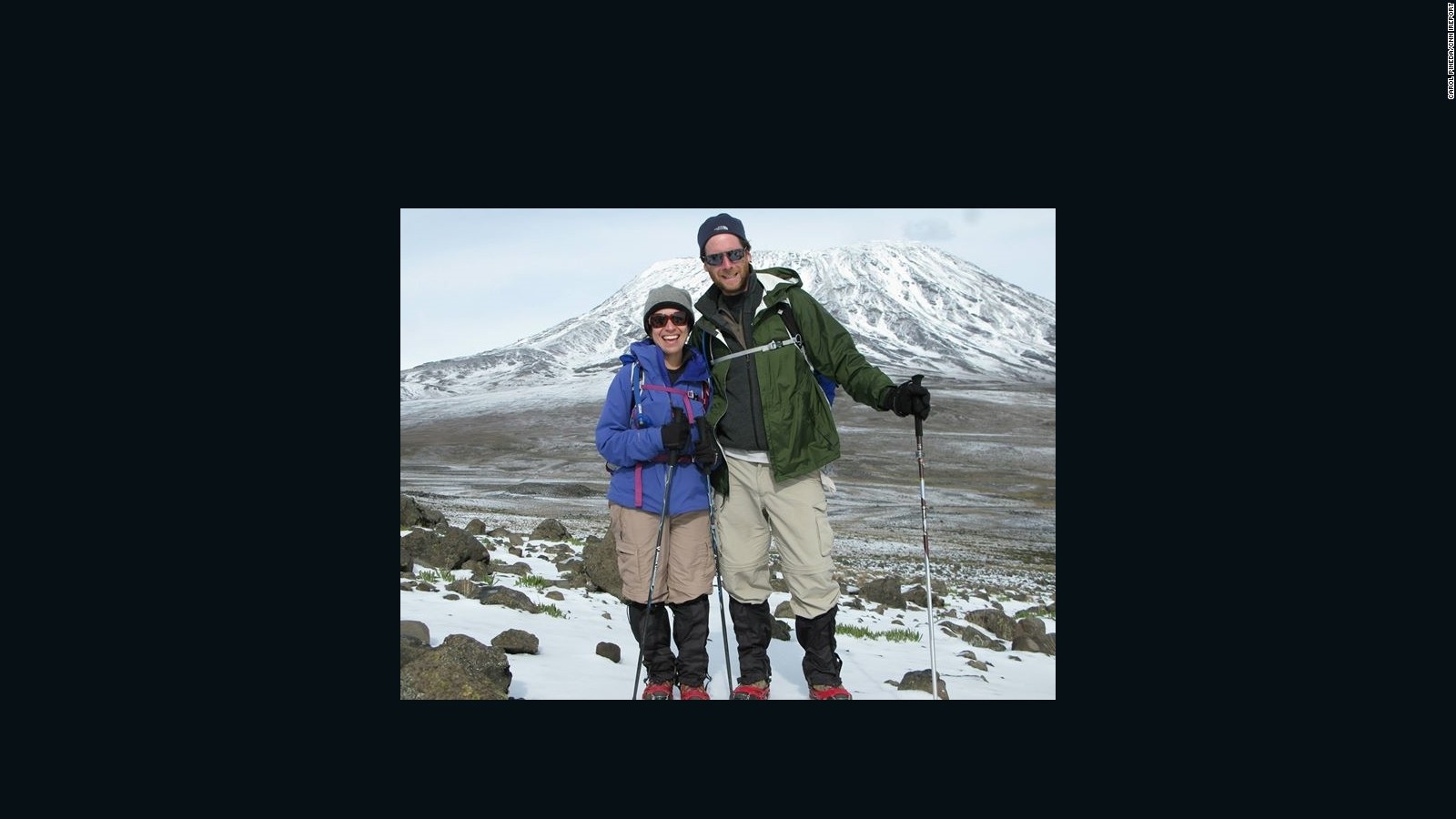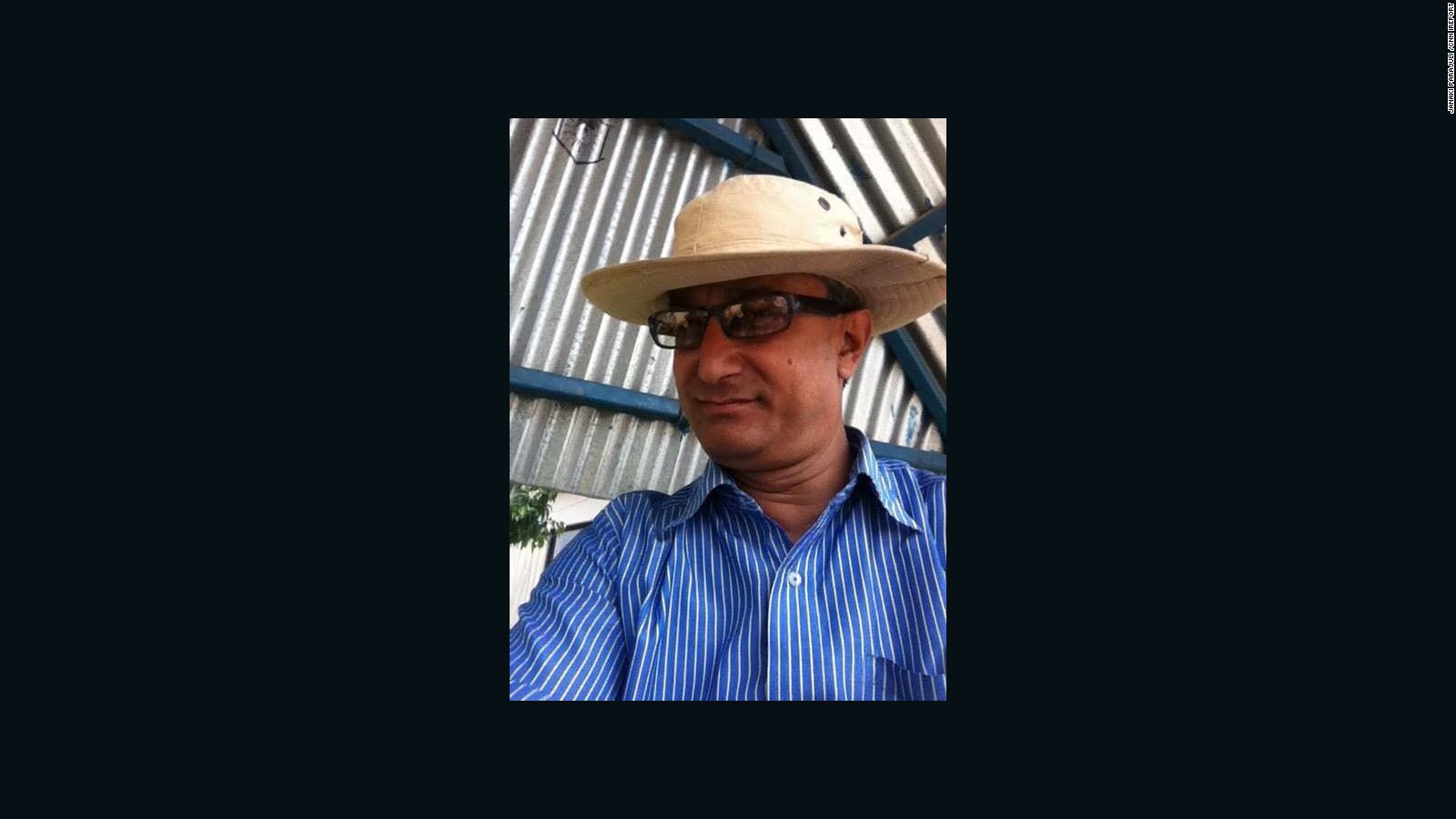I'm alive: Nepal earthquake survivors connect with loved ones.
- Thousands remain missing in Nepal after a magnitude 7.8 earthquake struck
- Social media has helped people overseas tracked down their loved ones in Nepal
- Technology has helped those stranded after the quake reach out for help
Are you looking for ways to help? Visit CNN's Impact Your World page for details on how to help victims of the Nepal earthquake.
(CNN)Thousands remain missing in Nepal after a devastating earthquake
struck the region on Saturday. A majority of them are Nepalese, Indian
and Chinese residents, but a handful are adventurers, trekkers and
vacationers who have not been heard from since the catastrophe.
Technology has played a huge role in helping families share their worries, ask for help and search for their missing loved ones.
Several organizations, such as Google and the Red Cross, have published features about the missing on their websites. And on CNN iReport, dozens of people have filed reports pleading for information that might help them locate their missing friends and relatives.
The
death toll in Nepal is rising; it has now surpassed more than 5,000.
Though the news is mostly heartbreaking and worrisome, there have been
stories of survival, of families reconnecting with loved ones days after
the disaster.
The saddest walk
After hearing about devastation in Nepal, Ahmed Shadmann
of Bangladesh reached out to his nation's embassy in Nepal, made calls
to old college contacts in South Asia and posted pleas on social media
to help find his younger sister Raisaa Tashonova.
Tashonova,
25, was with a group of friends at The Last Resort, a spa-like resort
near the border with China. When the earthquake struck, she was getting
ready for a group excursion, a canyon swing.
Raisaa Tashonova and her friends left the confines of their resort after they realized help wasn't coming.
She
could see the ground splitting apart beneath her feet. What scared her
most was seeing large boulders crashing down from the mountains above.
She prayed she wouldn't be crushed.
She
ran from the toppling boulders and shielded herself. When the tremors
subsided, Tashonova and her friends huddled together and stayed at the
resort overnight, expecting to be rescued.
When
two days passed and no one came to their aid, the group decided to take
their chances and leave the confines of the resort.
The walk toward Kathmandu was treacherous. The roads near the resort were mostly blocked or in bad shape because of a landslide.
But
the worst part was the smell of rotting flesh, which permeated the air
as she passed countless villages flattened by the quake.
She said it was the saddest walk of her life.
Tashonova hiked six hours toward Nepal's capital when a local bus came rolling by. She hitched a ride and headed for the city.
She
was able to connect with her family, nearly three days after the quake,
from the airport in Kathmandu while waiting for the next flight to
Bangladesh. She was exhausted. She hadn't showered or slept since before
the quake.
When Shadmann got the call from his sister, he said it felt fantastic.
"What
was surprising is that her voice sounded very strong. It didn't seem
like she had gone through a terrible episode in her life," he said.
There was little information
Dr. Carol Pineda and her husband, Michael MacDonald, of Massachusetts, were vacationing in Nepal when the quake struck. Her brother, James Pineda, got news of the disaster from a friend.
It
wasn't until he heard the high casualty figures and reports about the
avalanches that he started to get scared. He was prepared for the worst,
knowing they were traveling to a Himalayan base camp in Nepal.
But that was basically all he knew.

Carol Pineda and Michael MacDonald went trekking through Nepal at the time of the quake.
James
combed through what little information his sister left for him before
the trip, but it didn't include the name of the tour group or the hotel
where they were staying. He took to social media and started emailing
and calling hiking groups that operated in Nepal, but no one was getting
back to him.
On Sunday, he managed to
get inside his sister's apartment in Boston and find documents with
information on the trekking company the pair were using. It wasn't until
that evening, after emailing the company, that he got a short reply
saying that his sister and her husband were safe.
But that was all the
information he had, and he wanted to hear directly from his sister, so
he took to Twitter to see what other people were doing to track down
loved ones. Several strangers who were in the same location as the
couple responded to his inquiries on social media, saying they were
fine.
"It was incredible to see people
that were stranded themselves over there wanting to help me. At least
now we knew they were safe," he said.
On
Monday, the couple left a voicemail for MacDonald's parents saying they
were making their way to the Kathmandu in hopes of catching a flight
out.
Only one phone call left
Janaki
Parajuli, a Nepalese tour guide, was busy Saturday morning, leading a
tour group of 17 senior citizens -- nine Americans, five Canadians and
three Nepalese -- from Kathmandu to Tibet.
They had stopped for lunch at Liping village, just near the border, when the magnitude 7.8 quake struck.
Once
the tremors eased, Parajuli noticed that his cell phone had died. His
connection with the outside world had vanished. Worse, he had a group of
older travelers and a short supply of food and water.
One
American in the group had an international cell phone, but its battery
was quickly dying. Unable to contact anyone in the area, Parajuli made
one last attempt, calling his daughter.
Thousands
of miles away, in Louisiana, Jyotsna Parajuli picked up that call. Her
father explained the situation: The roads were blocked and there was no
way to get back to Kathmandu or enter into Tibet.
The only way to escape was by helicopter.

Nepalese tour guide Janaki Parajuli reached to his daughter in Louisiana for help after becoming stranded.
Jyotsna
learned from the U.S. Embassy that a family had hired a private rescue
team, working with the Nepalese army, to rescue the stranded tourists by
helicopter, but the team was unable to land because of bad weather.
Other
rescue and relief operations in the region have faced similar weather
issues. Crews planning to help those desperately in need are having to
wait for storms to subside.
Parajuli
was told later that 23 people were rescued from the area and left on a
bus headed for Kathmandu, but she wasn't sure if her father or his tour
group were among them.
"All the people
in the group are 60 years old or older. My dad said two Americans in
the group were sick because of the weather and altitude, and since the
people were older, they couldn't walk to help," she said.
Now she is anxiously waiting for the weather to clear, and hoping to hear her father's voice again.
cnn.
